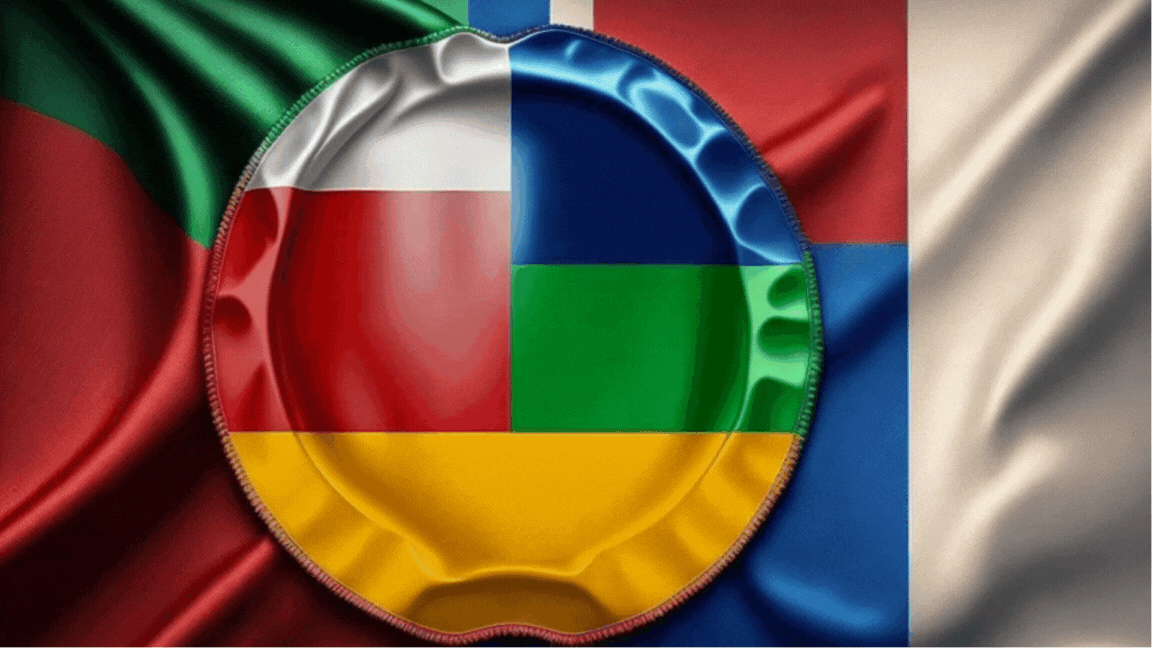The Latin American Report # 506

Decaffeinated elections
The legislative and regional elections in Venezuela passed with neither pain nor glory, according to the first reports emerging from the oil-rich nation. The popular fervor of last July's general elections, which ended with a suffocating information opacity on the part of the ruling party, strong demonstrations, deaths, massive arrests, the chronic cowardice and lack of intelligence of the opposition leadership, and a presidential inauguration ignored by a good part of the international community, has nothing to do with the electoral dynamics of this Sunday. As of today, the country's authorities have not disclosed the disaggregated data of the presidential elections, so that all of us interested in the affair have had to be satisfied with the word of the president of the National Electoral Council and a top judge of the Supreme Court of Justice. This democratic setback is embodied in these elections, which were boycotted by the most popular opposition forces at present, but which counted with the participation of old opponents of Chavism such as former governor and former presidential candidate Henrique Capriles Radonski.
According to AP and EFE cables, the turnout at the voting centers was quite poor in some points of the capital, with more military than citizen presence. “I'm not going to vote,” said a truck driver, Carlos León, in downtown Caracas. "I don't believe in the (electoral authority). I don't think they'll respect the vote. Nobody forgets what happened in the presidential elections. It's sad, but it's true." Part of the opposition electorate was out to fight for the permanence in local power of their representatives, although the Venezuelan system is highly centralized, and governors, for example, do not have as much relevance as in federalist configurations. “I believe that the opposition has to be in any space (...) What is better: to have a voice and fight within the Parliament or, as we have done on other occasions, to withdraw from the electoral process and leave the whole Parliament to the Government?”, wondered Capriles, who won a seat in the unicameral Congress. “Nobody doubts that today Zulia wins again, Venezuela also wins because it is the civic, electoral, democratic process established by the Constitution, and the mandate to the Constitution must be complied with”, declared Manuel Rosales, a disputed opposition politician, pointed out of being a crouching ally of Chavism.
Authorities appealed to a narrative that reinforces the “fast” character of the voting process, which, for them, explains the low turnout of people in the voting centers. "Those who called, in our opinion, in a foolish [and stupid] way, again, for abstention, believed that this was going to generate a situation where people would be intimidated and would not go to the voting centers. I believe that exactly the opposite has happened", said the powerful and veteran Bolivarian leader Jorge Rodriguez. “If what is coming is sterile confrontation, we will respond with the tools that democracy gives us”. Hours before the vote, the authorities carried out an operation that led to the arrest of important opposition leaders, accused of stimulating a "terrorist plan" to torpedo the holding of the elections. “I know the country is bad, but I am confident the government can do better,” a 34-year-old housewife in the capital said. Late on Sunday, the first bulletin of the disputed National Electoral Council spoke of about 43% participation already with 93% of the polling stations already analyzed. The figure differs from what the agencies have seen, but in any case it still speaks of a country divided and partly turned to the opposition: Of that 43% that participated, a part is attached to the opposition, while the majority of the electorate that did not turn out is presumed to have assumed the call to boycott the election.
